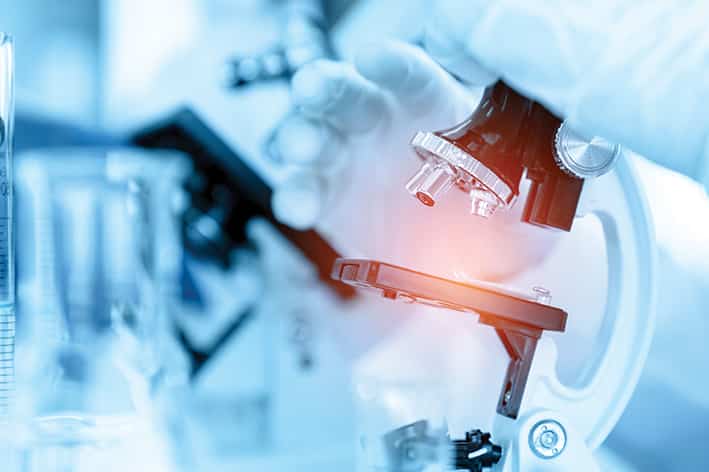
If Catholics are going to have a say and role in how medicine and healthcare are shaped in Australia, waiting till interested Catholics make it to the tertiary level to learn bioethics and about health care ethics from a Catholic position is waiting too long.
By waiting till university to teach Catholics bioethics, the Church theoretically concedes her position. If there is to be Catholic critical thinking on bioethical issues, then the Church needs to educate her members in bioethics, and she needs to educate not only her adults but also her youth. Moreover, everyone will face at least one bioethical question, even if it is only about the reception of a vaccine with a historical connection to abortion.
Currently, there is a slew of bioethical issues our culture keeps on repeat: abortion, voluntary aid in dying, human-animal hybrids, gender reassignment surgery, and conscientious objection for medical professionals.
The public narrative found in mainstream media is predictable. Abortion, good. Voluntary aid in dying, good. Human-animal hybrids, ok. Gender reassignment surgery, good. Conscientious objection, bad.
Essentially the mainstream media narrative is as follows: take the Catholic stance, misunderstand it, fail to make necessary distinctions, mispresent it, and then promote the opposite of what the Catholic Church teaches as the good. Then, portray any contrary ideas as uncompassionate and anti-science. What to do?
As a former secondary school teacher, bioethics was the one course I taught every year where my students were most engaged … it was their favourite class.”
Paul Catalanotto
Take a few examples from the US. The Archdiocese of Galveston-Houston’s Office of Pro-life Activities offers a three-module Catholic Bioethics course for adults. The Saint John Paul II Foundation hosts the Converging Roads conferences dedicated to training healthcare professionals in Catholic medical ethics.
The National Catholic Bioethics Centre offers certification in Health Care Ethics. The Dominican Sisters of Saint Cecilia have begun including bioethics courses in the core curriculum in schools they operate.
According to the Australian Bureau of Statistics, Catholic secondary schools compose roughly 25 percent of Australian secondary schools. Yet not one Catholic school teaches a course on bioethics. However, grafting a course on Catholic bioethics to the current curriculum isn’t the solution either, but it is a start. Incorporating a bioethics course in the current curriculum, preferably separate from the religion classes, must feature foundational units on the human person and ethical decision making. Only after a foundation is laid then can bioethics be taught to secondary students.
What impact might be had in Australia if 25 percent of the Australian educated students understood bioethics from a Catholic perspective? Beginning the bioethical conversation in secondary schools ensures that Catholics will have a voice, even if it is only one shouting in the wilderness, in shaping the local and national consciousness on these issues and possibly public policy. Because these days, science seems more like the Wild West than a self-governing body that knows where the boundaries lay.
As a former secondary school teacher, bioethics was the one course I taught every year where my students were most engaged. The general feedback from the students was that bioethics was their favourite class during their secondary school education.
Related Articles:
